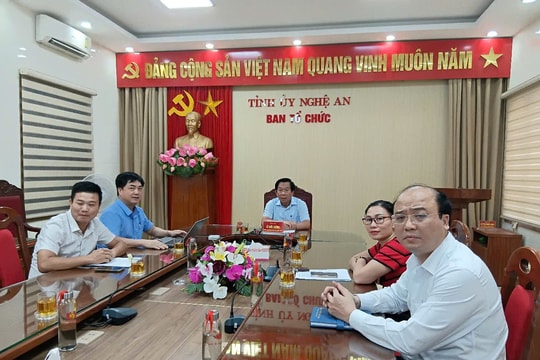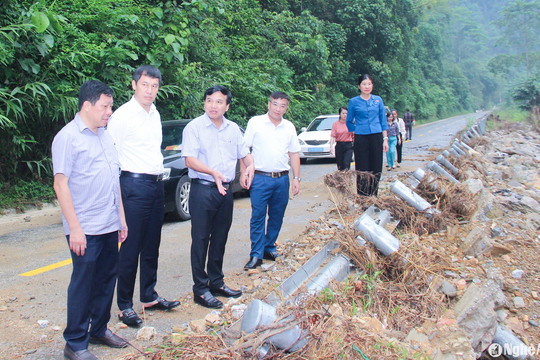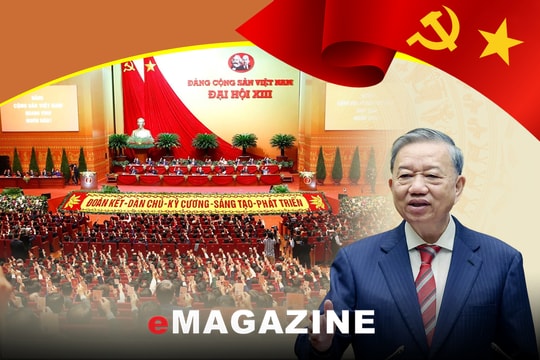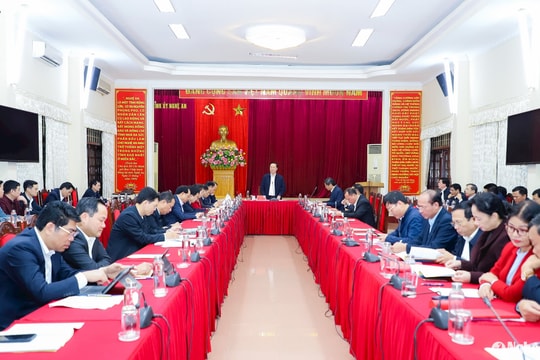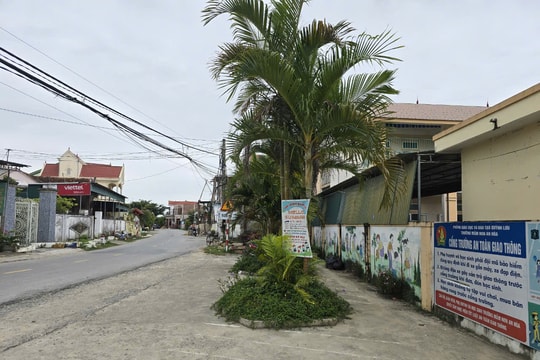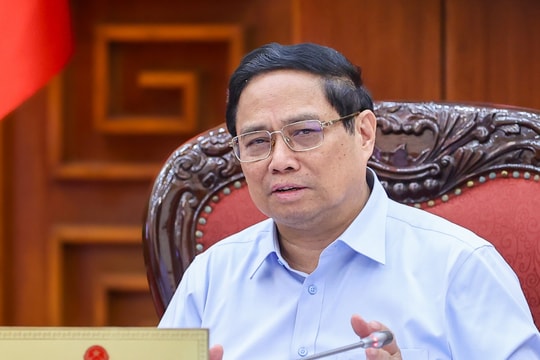Using criticism to attack or flatter leaders
There are many cases of using criticism to attack and put down people they don't like or using criticism to flatter leaders.
The Politburo has issued a directive on self-criticism and criticism in conjunction with the implementation of Resolution 4 of the 12th Central Committee. Associate Professor Nguyen Van Giang, Deputy Director of the Institute of Party Building - Ho Chi Minh National Academy of Politics, said that this is a concrete step in implementing Resolution 4 of the Central Committee, implementing solutions on Party building and rectification in the spirit of the 12th Congress. This directive also officially opens a major criticism and political activity period throughout the Party.
Attaching criticism to inspection and examination
According to Associate Professor Dr. Nguyen Van Giang, this self-criticism and criticism creates great hope within the entire Party for Party building and rectification work; at the same time, there are many advantages.
That is the centralized and unified direction from the Central to the local and grassroots levels. Along with that, recently, the Central has discovered and initially handled the violations in appointing officials in Hau Giang, conducting serious reviews including high-ranking officials in the spirit of no forbidden zones, no gaps for anyone. This is creating trust in the entire Party and people about this self-criticism and criticism period.
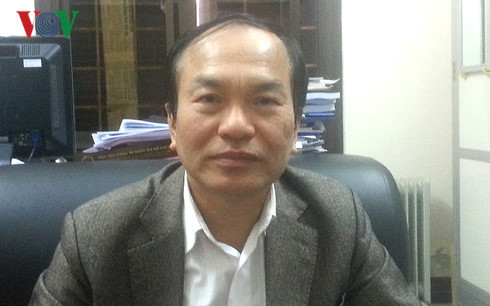 |
| Associate Professor, Dr. Nguyen Van Giang |
However, Associate Professor Dr. Nguyen Van Giang also frankly stated that, in the past, self-criticism and criticism have not been in accordance with the spirit and requirements, but have been superficial, formal, evasive, and ineffective.
To overcome the above situation, self-criticism and criticism within the Party need strong direction from the Central Committee to Party committees at all levels, and must be done with a resolute and specific spirit, with implementation, inspection, supervision, and summary.
Specifically, according to Associate Professor Dr. Nguyen Van Giang, self-criticism and criticism should be focused on areas showing signs of degradation and where there is public outrage. At the same time, self-criticism and criticism should be closely combined with inspection, examination and investigation by specialized agencies. During the review process, when there are signs of serious degradation or violations, criticism should be stopped and transferred to inspection and examination for handling.
Leaders must proactively self-criticize.
Emphasizing that it is undeniable that self-criticism and criticism have a great impact on Party building and rectification, Associate Professor Dr. Nguyen Van Giang said that there are many cases where criticism is used to attack and bring down those they do not like or to flatter leaders.
Therefore, in carrying out self-criticism and criticism in conjunction with the implementation of the upcoming Central Resolution 4, it is necessary to grasp the principles of self-criticism and criticism. These are Party spirit, education, objectivity, honesty, concreteness, and practicality. In case of any deliberate abuse of self-criticism, measures must be taken to deal with it.
“If we do not grasp it, we will either criticize ourselves incorrectly or turn self-criticism into a tool to attack others; criticize objectively or in a timely manner; criticize by accumulating shortcomings and then condemning others. These are all not in accordance with the principles of self-criticism and criticism within the Party,” Associate Professor, Dr. Nguyen Van Giang analyzed.
According to Associate Professor Dr. Nguyen Van Giang, experience shows that in places where things are done well, the Party Secretary is often very exemplary, proactively self-criticizing, and self-consciously setting an example before the Party Committee, on that basis, the Standing Committee and the Party Committee will follow. This creates a democratic atmosphere, trust in self-criticism and will ensure success. On the contrary, in places where the leader is dishonest and not willing to self-criticize, the quality will certainly be very limited.
Associate Professor, Dr. Nguyen Van Giang affirmed that this round of self-criticism and criticism creates great hope for the entire Party and people in the work of Party building and rectification. However, if not done well, it will create a phenomenon of "drug resistance" in personnel work.
Therefore, if through self-criticism and criticism, negative and wrongdoings can be discovered and handled at specific locations and individuals, it will create new confidence in the current Party building work./.
According to VOV

